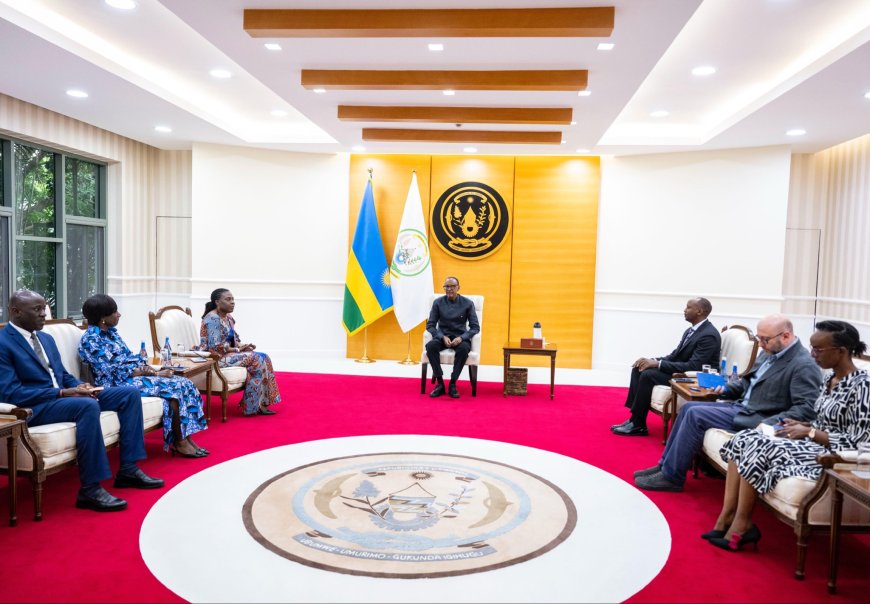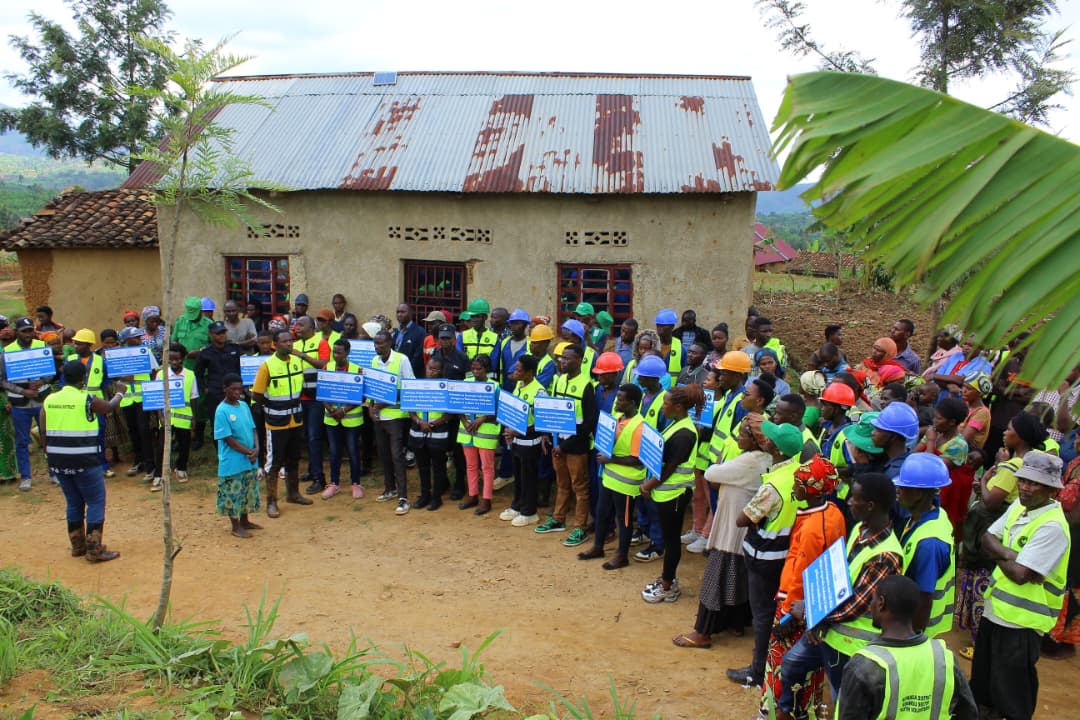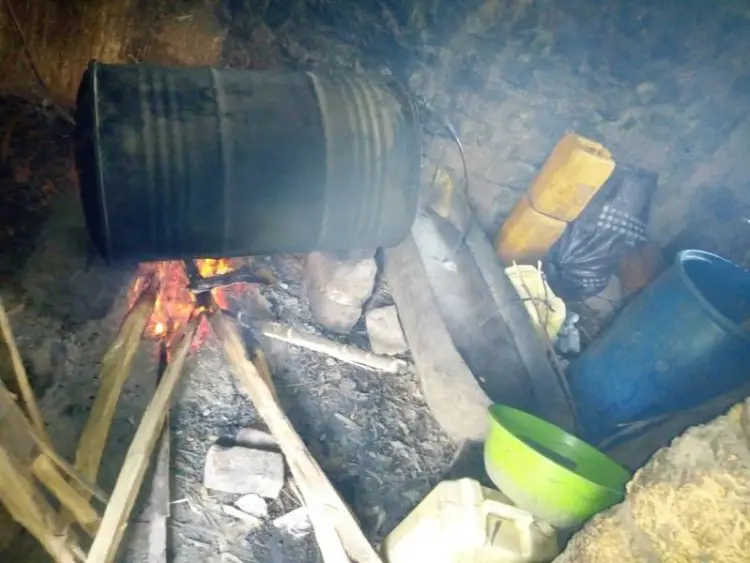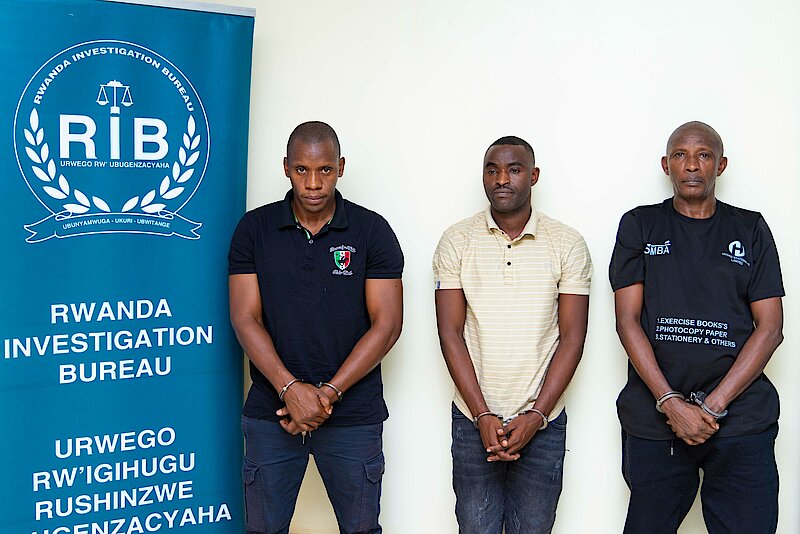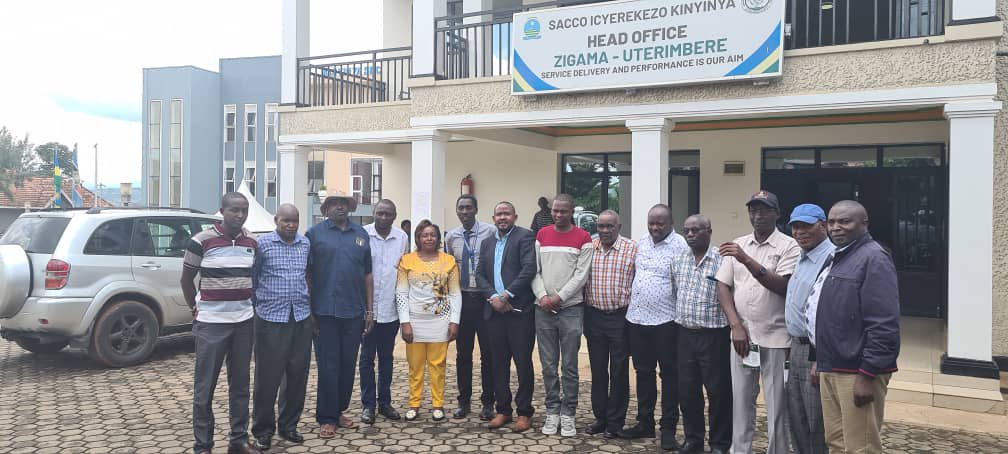Kigali, Rwanda / Kinshasa, DRC — Rwanda and the Democratic Republic of the Congo (DRC) have agreed on a new set of principles to guide bilateral economic cooperation, following the signing of a Declaration of Principles on the Peace Accords in Washington, D.C., on June 27, 2025. The agreement forms a key part of the Regional Economic Integration Framework (REIF) — a U.S.-supported initiative aimed at advancing sustainable development and regional peace.
In a statement released on August 1, 2025, the U.S. Department of State confirmed that Rwanda and the DRC had committed to building a stable, sovereign, and economically integrated partnership across a number of critical sectors.
Priority Areas for Economic Partnership
The REIF outlines several key sectors where Rwanda and DRC will coordinate efforts and attract investment:
- Mining & Mineral Value Chains:
Both countries pledged to promote legal and transparent mining, dismantle illicit trade networks, and ensure that local communities benefit from mineral wealth. They also aim to improve regional value chains and traceability systems. - Energy Cooperation:
The two governments plan to jointly invest in power infrastructure, including finalizing the Ruzizi III hydroelectric project, and expanding the methane gas extraction from Lake Kivu to power homes and industries. A common electricity market is also under consideration. - Transport and ICT Infrastructure:
Rwanda and the DRC will develop regional transport corridors, border market zones, and ICT connectivity to ease the movement of goods, services, and people. Investment in logistics and warehousing will also be prioritized. - Agriculture & Industry:
There is a mutual commitment to modernize agriculture and support agro-industrial growth, improving food security and generating employment in rural areas. - Tourism & Environmental Management:
The agreement supports joint protection of transboundary parks, development of eco-tourism, and creation of secure cross-border tourism routes. The countries also intend to harmonize environmental policies and coordinate conservation efforts. - Public Health & Disease Control:
Rwanda and the DRC will expand cross-border disease surveillance, invest in epidemic prevention, and explore cooperation in medical research and healthcare innovation.
Commitment to Peace, Security, and Prosperity
The agreement also reaffirms both countries’ shared responsibility in promoting regional peace and good governance, particularly in the mining sector — long associated with conflict in the Great Lakes Region.
“Rwanda and DRC are committed to building a principled and productive economy that serves their populations, especially the most vulnerable,” the U.S. statement read.
They also agreed to gradually dismantle illicit networks involved in mineral trafficking and ensure that profits from natural resources reach the people, not armed groups.
Monitoring and Implementation Mechanisms
On July 31, Rwanda and DRC held the first official monitoring meeting in Washington to oversee the implementation of the Peace Accords. A second session is scheduled for August 4, focusing on:
- Security measures along the border;
- Disbanding of the FDLR rebel group;
- Lifting of security restrictions following progress on mutual commitments.
Rwanda has pledged its support to initiatives that foster regional stability and shared economic development, but emphasized that national security remains a top priority.
Rwanda’s Minister of Foreign Affairs, Amb. Olivier Jean Patrick Nduhungirehe, recently told Parliament that Rwanda will maintain defensive measures as long as the DRC continues to tolerate or cooperate with the FDLR, which Kigali designates as a terrorist organization.
Toward a New Economic Future in Central Africa
The REIF represents a turning point in Rwanda-DRC relations, shifting focus from long-standing tensions to strategic collaboration. With backing from the United States, this framework is designed to foster inclusive growth, infrastructure development, and regional security, benefitting millions across Central and East Africa.


